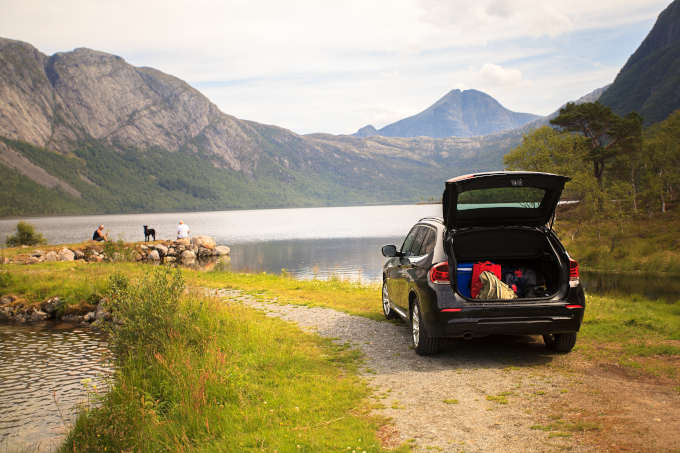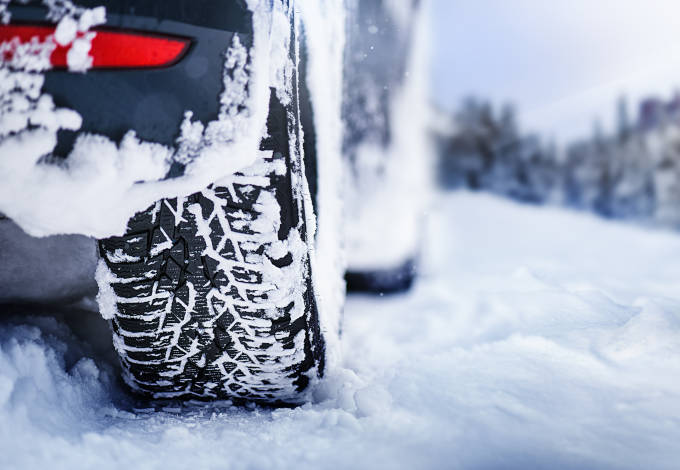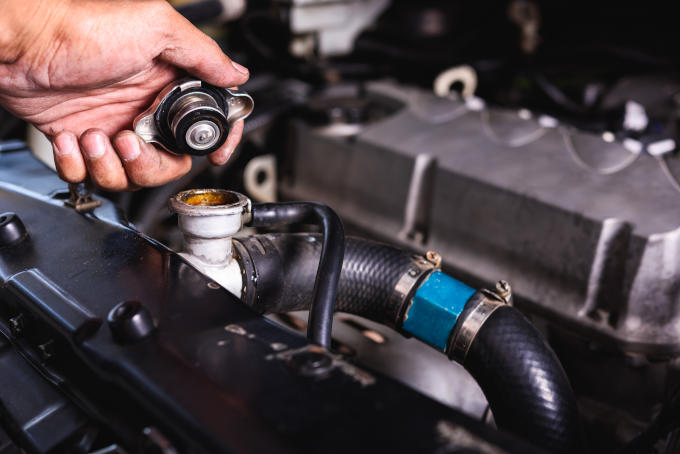Long summer breaks mean family vacations and a considerable uptick in road trips. If you’re planning a road trip this summer, one of the best things you can do is first conduct some essential maintenance on your vehicle. Not only will it help your vehicle run at optimum efficiency and reliability, but it will also contribute to keeping you safe on the road.
Essential Maintenance Items for Hazard-free Summer Road Trips
Here is a list of necessary vehicle maintenance items to help reduce the summer road hazards during longer journeys.
Tires
Those four rubber rings are what give you traction as you drive along the road. Therefore, their health and structural integrity are of critical importance. Tire tread and tire pressure are essential to check.
For the tread, inspect it along with the sidewall and other visible parts of the tire for signs of damage, significant wear, holes, and tears. If there’s no damage, then check the tread using the quarter test.
You should refer to the correct PSI (pound-force per square inch) in your owner’s manual for tire pressure. Summer heat will make the air in your tires expand, so be careful not to overinflate them. Tire rotation should be carried out every 5,000 miles.
Hazards they can help avoid:
Checking the tread and the tire surface and sidewalls for signs of damage are essential to preventing potential blowouts. The same is true when checking the inflation of the tires. Tire blowouts happen when the tire’s structural integrity is already compromised or when it is underinflated, both of which cause too much pressure to be placed on the side of your tire. This is what will lead to a blowout.
Tire rotation and ensuring a proper tread will help to prevent hydroplaning in heavy rain. Rotated tires ensure that you are driving on even tread, which means the tires are better at pushing away water.
Fluids
Your car has several essential fluids: engine oil, transmission fluid, coolant, brake fluid, and windshield washer fluid. All of these fluids need to be kept at the correct levels to ensure everything from proper engine function to seeing through your windshield due to rain or grime.
Hazards they can help avoid:
Ensuring you have healthy engine oil and transmission fluid will prevent both the engine and transmission from overheating. Low engine oil or transmission fluid means improper lubrication, which means increased friction and overheating. When either of these components overheats, it can cause catastrophic damage that is expensive to repair. As its name suggests, coolant levels being at the right level is crucial to prevent engine overheating.
Windshield wiper fluid can help avoid poor visibility in bad weather and difficult driving conditions. You might think replacing the windshield wiper fluid is a simple matter, but many people forget to do it, or they just add water and not a proper cleaning fluid.
Finally, inspecting your brake fluid will ensure that your brakes don’t become unresponsive or less effective. Many people just focus on the brake pads/rotors and forget about this fluid. Healthy brake fluid is just as crucial as having effective brakes.
Windshield Wipers and Lights
These two components are crucial to visibility while driving. Windshield wipers are not just to clear away falling rain but also to clean off mud, debris, and other contaminants that get thrown up by vehicles in front of you. A windshield wiper’s plastic and rubber components are susceptible to wear and tear, so having them checked and replaced as necessary is important.
Your lights need to be running at the correct brightness to be seen by other vehicles and also need to have clean housings to ensure proper visibility. Your lights may also require recalibration if you’ve been in any minor accidents recently.
Hazards they can help avoid:
The main danger that this maintenance prevents is diminished visibility in the road ahead, especially in bad weather. When you can’t see what’s ahead clearly, the risk of collisions and other accidents is much higher. Better visibility can also help avoid collisions with summertime cyclists, hikers, and animals on or near the road.
Battery
Your 12-volt battery starts your car and powers your onboard electronics. Demands on the battery are increasing as our vehicles become more digitized. Car battery health is therefore increasingly important. Have a technician check the connectors for signs of corrosion and the housing for any signs of leaks. They should also check the wiring and the health of the engine alternator, which is what recharges the battery.
Hazards they can help avoid:
A healthy battery will ensure successful cold startups and help prevent potentially hazardous stalling and engine cut-outs while on busy summertime roads. If you stall while joining heavy traffic, it’s disruptive at best, dangerous at worst. Engine cut-outs or a dying battery while traveling at highway speeds is also dangerous.
Brakes
Besides your tires, the brakes are the other critical safety component that must be in optimum health before any journey, long or short. Your brake pads need to be more than 1/8 of an inch (3.2mm), but anything below ¼ of an inch (6.4mm) is already reducing their efficacy.
Hazards they can help avoid:
Proper brake pads will ensure quicker braking capabilities and thus a reduced risk of rear-end collisions and other on-road accidents. Summer roads are often busier than usual, and even minor faults in the brakes can increase braking distances to dangerous levels.
Stay Safe on the Road
Wherever you’re going, take the time to perform the above maintenance checks by scheduling an appointment with AAMCO Overland Park today to ensure that the chances of you encountering the hazards we’ve described above are as low as possible. Safe travels!










